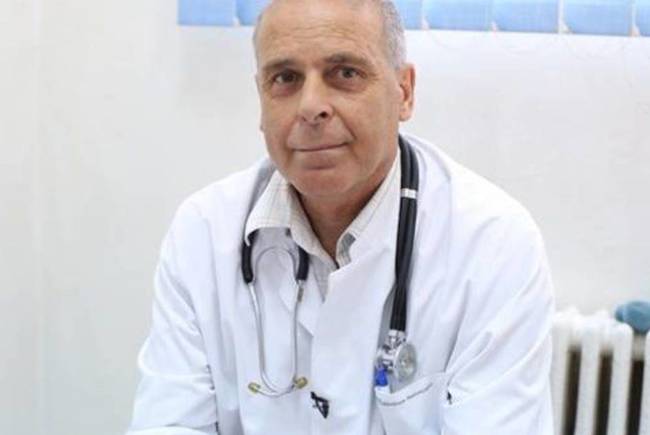Every patient who has died of COVID-19 in the Victor Babeș Infectious Diseases Hospital of Temesvár (Timișoara) suffered from other diseases as well, announced Dr. Virgil Musta, the coordinator of the COVID department at Victor Babeș Hospital. Dr. Musta has analyzed the development of the SARS-Cov2 epidemic for three months, since the first patient was discovered in the western part of the country, tion.ro reports.
Dr. Musta, together with his team from the hospital, has cured hundreds of COVID patients. In Temes (Timiș) County, 506 people were diagnosed with the new coronavirus and 53 people died. At Victor Babeș Hospital, between March 22 and May 21, 497 patients were treated; at the end of last week, 18 people were hospitalized with coronavirus, but none of them are in intensive care.
Dr. Musta mentioned that “individual responsibility is needed in the coming period to ensure that the virus continues to decline and stays controllable.” He thinks that the extremely responsible attitude was the reason why the coronavirus remained under control in Romania. “Otherwise we would have had many more victims, no matter how hard we, the doctors, the authorities and many other professionals involved in this fight struggled. And to be honest, you have given me extraordinary energy during this whole period,” Dr. Musta explained.

In Europe, 97 percent of all deaths were people who had at least one associated disease based on official sources, says Dr. Musta. According to him, 65 percent had cardiovascular diseases (the most common underlying condition), while 94 percent were people over 60 years old. Referring to the coronavirus cases from Temesvár, the doctor said that all of the people who had died were diagnosed with other diseases as well, the most common were cardiovascular problems, followed by diabetes and obesity.
The doctor also said that the average age of those who had died because of the virus was lower than in Western countries, which indicates that the Romanian population suffers from chronic sicknesses at a younger age compared to the populations of the Western countries. Dr. Musta mentioned several motives for this, such as the lack of personalized programs to prevent such sicknesses and poor health education. “What does health education mean? A lot of people know, but few apply it [to their lives]: rational and healthy eating, sports, workouts, stress control, personal hygiene, and also the prevention of diseases through vaccination and constant monitoring of personal risk factors,” the doctor explained.
Dr. Musta also stressed that it is very important in the coming period to monitor our known sicknesses, to return to do the normal testing that we may have postponed during these three months. “Otherwise, the diseases we already have, uncontrolled, can bring us more problems than what we’ve had with the coronavirus so far. We still have to find the balance between treating any illnesses that we have and to continue protecting ourselves (at least until a safe and efficient vaccine is available) from a possible SARS-CoV-2 infection, which will not disappear anytime soon. But the best solution is prevention, so I recommend you act responsibly in this matter,” Dr. Musta stated.
Title image: The Romanian population suffers from chronic sicknesses at a younger age compared to the populations of Western countries. Photo: Inquam photos/Virgil Simonescu